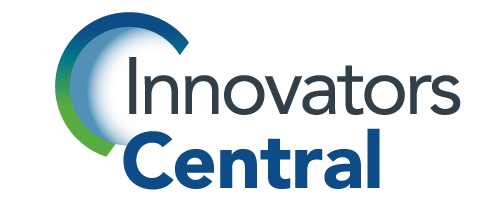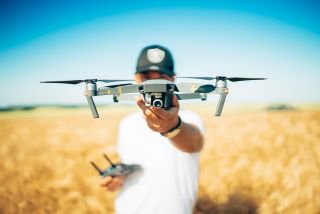Internet of Things (IoT) technology is transforming many industries. It has revolutionized manufacturing and driven the once aspirational goal of smart cities. With over 75 million devices already used in agriculture, IoT is poised to transform traditional agriculture into a high-tech industry by connecting farmers with innovative field monitoring tools and data-driven solutions.
IoT has completely changed how farms operate, allowing them to leverage data for improved operations and more informed business decisions. Collected data includes weather patterns, soil moisture, crop yields, temperature, and consumer preferences – all of which can be monitored precisely. Data-driven analysis of these variables opens up many opportunities, helping farmers optimize production processes, reduce waste, and increase profitability in a highly competitive industry.
Here are a few ways IoT is transforming traditional farming:
Sustainability
Sustainability is a critical challenge for traditional agriculture. IoT provides the tools and analytics to realize precision farming, optimize resource usage, reduce waste, and minimize the environmental impact of operations. For example, IoT sensors can monitor the moisture in the soil, temperature, and nutrient levels in real time. Farmers can use real-time data and analytics to make data-driven irrigation or fertilizer application rate decisions.
IoT allows farmers to manage their fields microscopically. Resources can be applied across multiple zones in the same field so that application rates are dialed according to each zone. This reduces waste and the risk of over-watering or over-fertilizing. It also prevents soil degradation and water pollution.
Organic Farming Practices
IoT enables farmers to adopt organic growing practices. With real-time field data, they can identify pest infestations, disease outbreaks, and weather patterns early on to take preventive action. Natural predators or organic pesticides can be deployed instead of chemical pesticides used for mitigation. By reducing reliance on chemical inputs, farmers can produce healthier, more sustainable crops free from chemical residue.
Water Management
Water management is a crucial concern in many farming areas across the globe. As the problem worsens, IoT sensors can provide a path for precisely controlling water use while allowing maximum crop yields. Farmers can leverage data and analytics insights to optimize their irrigation systems, reduce water waste, and prevent pollution. Precision irrigation techniques ensure that water is only delivered where and when needed.
Bringing IoT and Innovation to New Industries
While many view farming as dirty and laborious, IoT technology is changing the game to make it precise, high-tech, and data-driven. IoT is opening up new opportunities for innovation and enabling farmers to explore new revenue streams like agri-tourism, direct-to-consumer sales, and value-added products. It’s also reducing barriers to organic certification, helping farms that previously lacked the necessary tools to offer certified organic crops at a premium price.
If you’d like to learn more about how IoT can empower your farm to leverage data and run a clean, tech-savvy business, the Henry Bernick Entrepreneurship Centre can help. We have cutting-edge knowledge and experience about how you can apply IoT technology to innovate and bring new products and services to market.
Contact us to get started.




